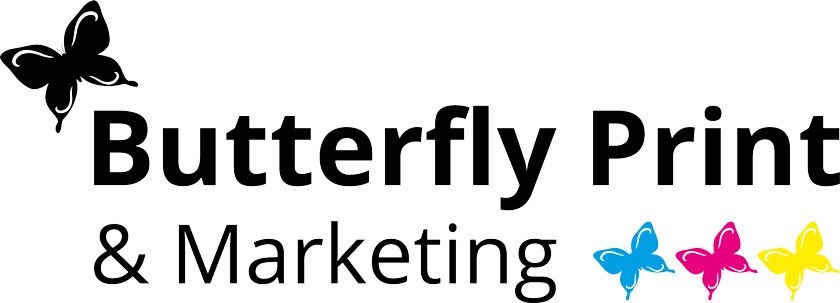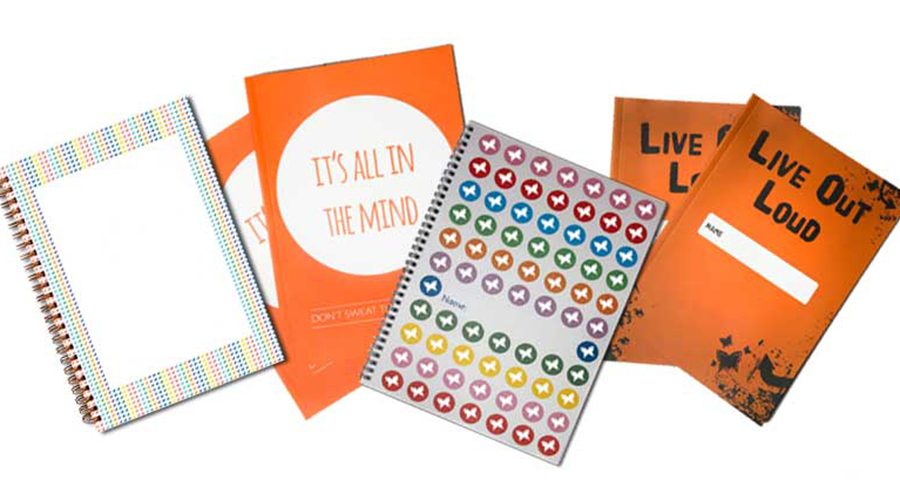During the course of last year some of our Mental Health Journals were reviewed by the Counselling Directory website, and they had lots of good things to say! So, with their permission, we’ve reproduced some of their review here, as we think it has some great points about how our journals can support the work of Mental Health Professionals in education. This is a summary; you can read the full review here and find out more about our Mental Health Journals here.
This week, we were sent the latest mental health journals from Butterfly Print.
Let us explain what is involved and the thoughts behind each journal.
Butterfly Print aim to make it easier for education professionals to access mental health resources. While it is widely agreed that positive mental well-being should be promoted, especially for children, often teachers and childcare professionals find there is a lack of tools available.
We were sent the Mental Health Resources package, which included samples of the four journals within the collection. Each journal is suited to an age group, with the aim of supporting the mental and emotional well-being of the children, giving them a way to express their feelings.
Counselling Directory team member, Debbie, shares her thoughts.
Sadly, the rise of mental health problems in children and young people is increasing, so we must do all we can to help reduce the often shocking statistics.
Butterfly Print have produced these really useful, fun journals to support the emotional and well-being of children and young people. Sometimes, children don’t know how they’re feeling… they may feel overwhelmed with anxiety and worry, or confused or uncomfortable about a situation that they don’t know how to deal with. Unfortunately, often the only way they know how to deal with them is to misbehave and the problem is never dealt with.
The journals are aimed at all children and young people in education from Key Stage 1 to Key Stage 4. They are very well designed to extract their inner thoughts and feelings through interesting questions and quotes. Once completed, parents, carers and teachers can assess how the child is feeling and if they have concerns as to whether or not other support is necessary.
With the aid of material like this, our younger generation will hopefully learn how to love themselves, think positively and stay strong enabling them to deal with life’s challenges. The way that our children feel about themselves is hugely important to their future, so if we can find a way to take a peep inside what’s going on in their heads and get appropriate help before any problems get out of control, it can only be good!



Leave A Comment
You must be logged in to post a comment.